Sustainable Luxury Travel - The Rise of Eco-Conscious Escapes
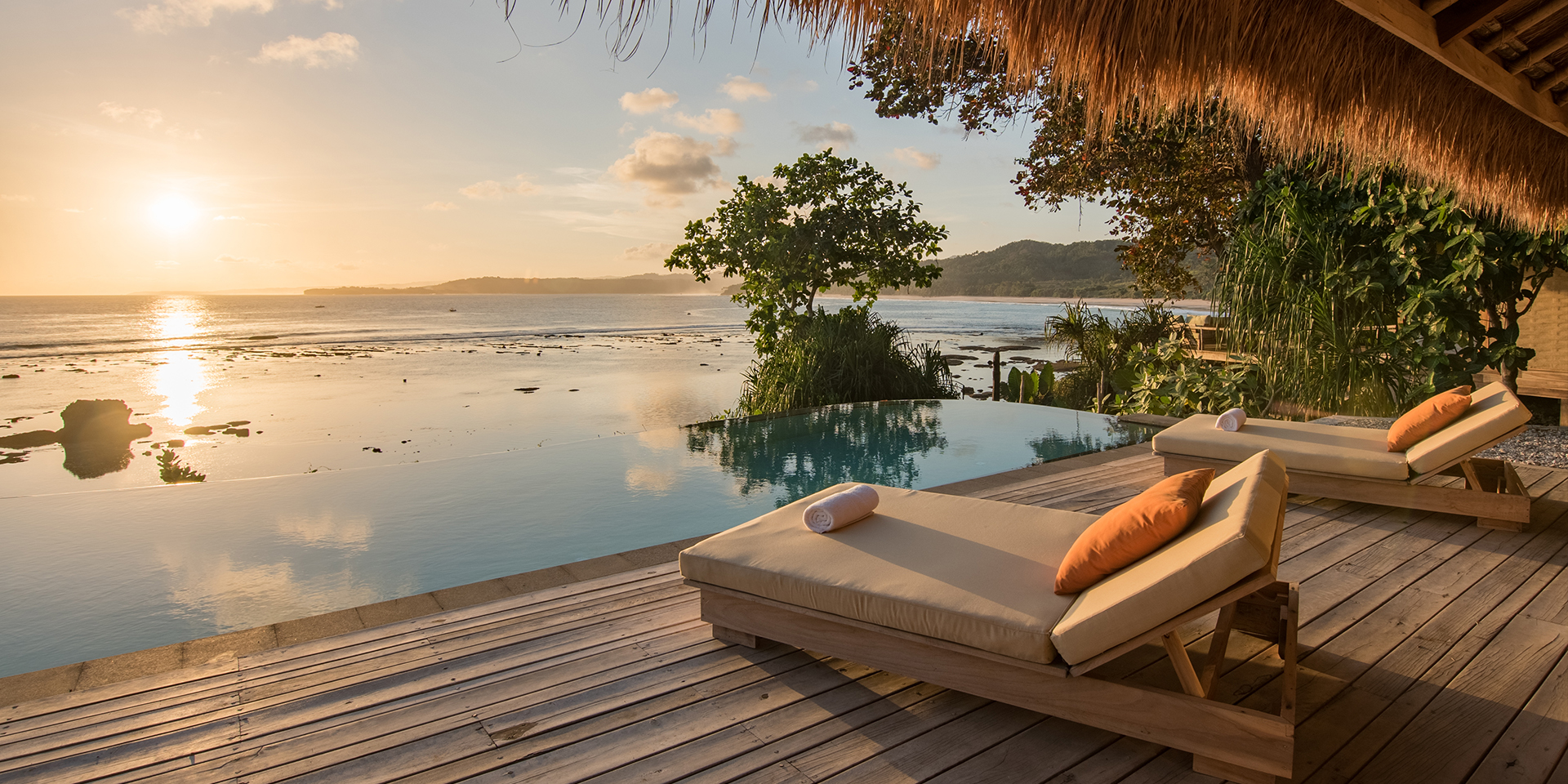
The landscape of luxury travel is evolving. No longer solely defined by opulence and exclusivity, today's discerning traveler seeks experiences that align with their values – experiences that are both indulgent and responsible. This shift in mindset has led to a surge in demand for sustainable luxury travel, a niche where environmental consciousness and social impact intertwine with high-end experiences.
Data Speaks Volumes: The Growth of Sustainable Luxury
This isn't merely a passing trend; the numbers paint a clear picture of a seismic shift in the luxury travel industry:
- According to a 2023 report by Booking.com, a staggering 81% of global travelers confirm they want to travel more sustainably in the coming year.
- Luxury travel network Virtuoso reports that 82% of its affluent clientele are willing to pay a premium for sustainable travel options.
- The Global Wellness Institute projects that the wellness tourism market, a key driver of sustainable practices, will reach $1.8 trillion by 2022.
These figures underscore the undeniable: sustainability is no longer a niche consideration but a core expectation within the luxury travel market.
What Defines Sustainable Luxury Travel?
Sustainable luxury travel goes beyond simply choosing eco-friendly hotels. It's about engaging in experiences that minimize negative impacts and actively contribute to the well-being of the planet and its communities. Key elements include:
- Environmental Conservation: Opting for accommodations with robust eco-credentials, such as LEED certification, renewable energy use, and water conservation programs.
- Support for Local Communities: Choosing hotels and tour operators that prioritize fair wages, empower local communities, and preserve cultural heritage.
- Responsible Wildlife Tourism: Engaging in wildlife experiences that prioritize animal welfare, habitat conservation, and ethical interactions.
- Carbon Offsetting and Reduction: Minimizing the carbon footprint of travel through carbon offsetting programs and choosing transportation options with lower emissions.
Emerging Destinations Leading the Way
From secluded island retreats to immersive cultural encounters, destinations around the world are stepping up to the challenge, offering travelers extraordinary experiences that align with their values:
- Costa Rica: A pioneer in ecotourism, Costa Rica boasts stunning eco-lodges nestled within rainforests, offering opportunities for wildlife viewing, zip-lining, and supporting local conservation efforts.
- Bhutan: This Himalayan kingdom, guided by the philosophy of Gross National Happiness, prioritizes sustainability and offers breathtaking landscapes, ancient monasteries, and a deep connection to local culture.
- Norway: With its stunning fjords and commitment to sustainability, Norway offers electric car road trips, eco-friendly cruises, and farm-to-table dining experiences.
- Rwanda: Known for its gorilla trekking adventures, Rwanda has implemented strict conservation policies that benefit both the endangered primates and the local communities.
The Future of Luxury is Conscious
The surge in sustainable luxury travel signifies a profound shift in how we perceive and experience the world. Travelers are increasingly seeking authentic, meaningful journeys that not only indulge their senses but also align with their values.
This evolution is not just about preserving our planet; it's about creating a more equitable and fulfilling travel experience for all. As we move forward, sustainable luxury travel will continue to redefine the very essence of what it means to explore and connect with the world around us.

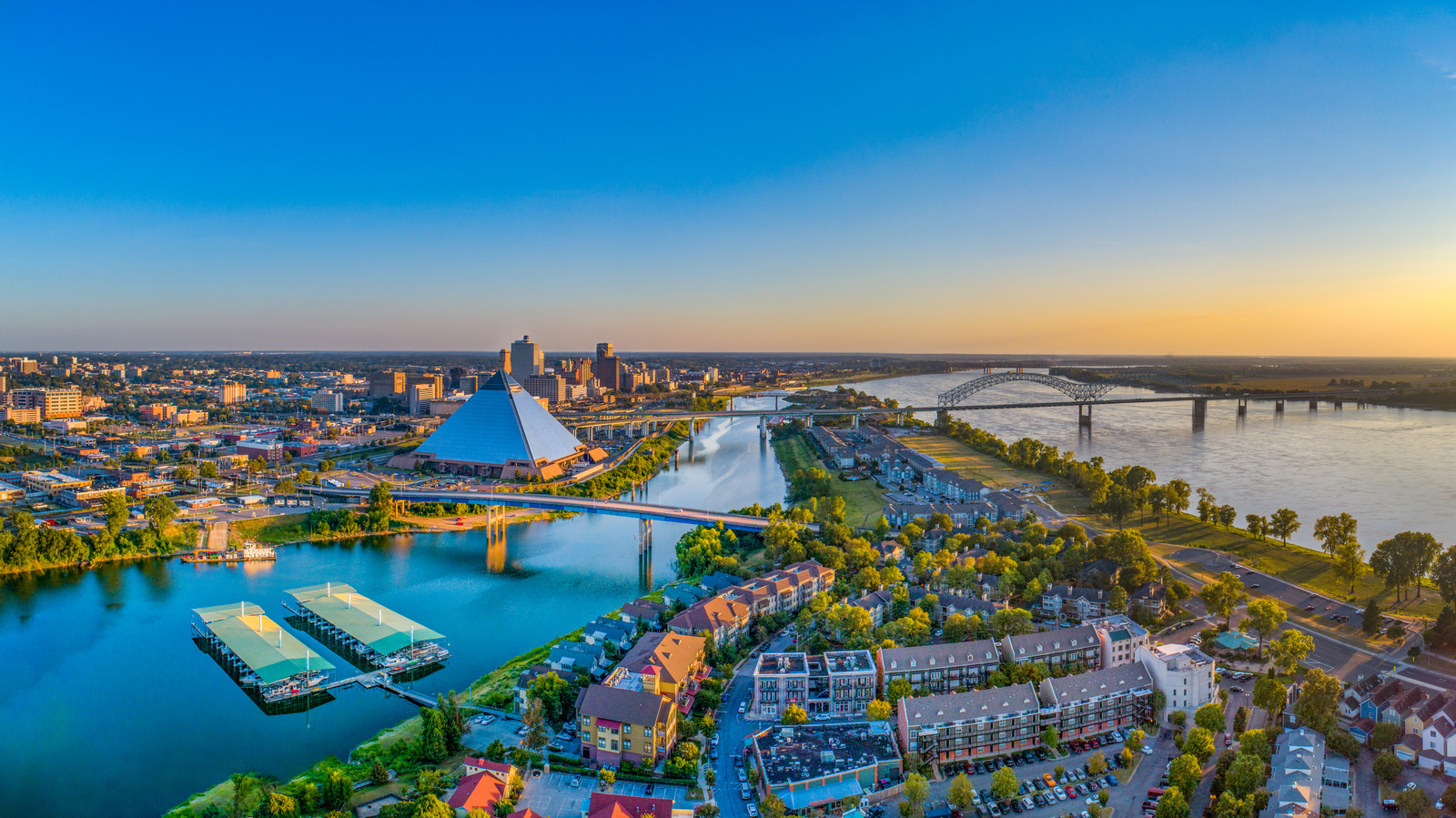
.jpg)

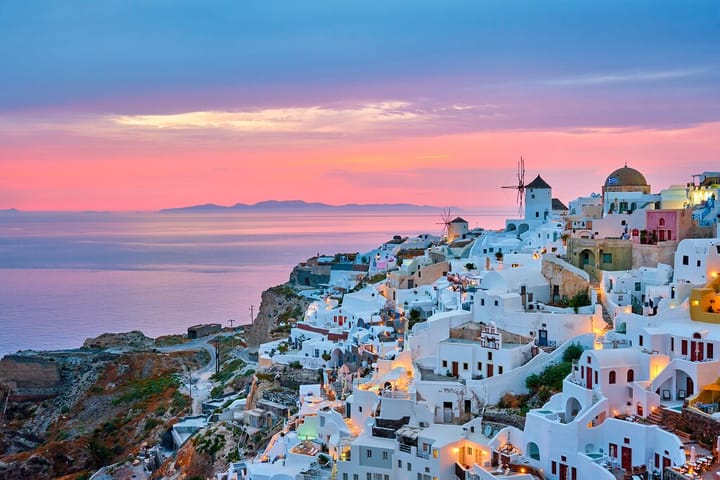
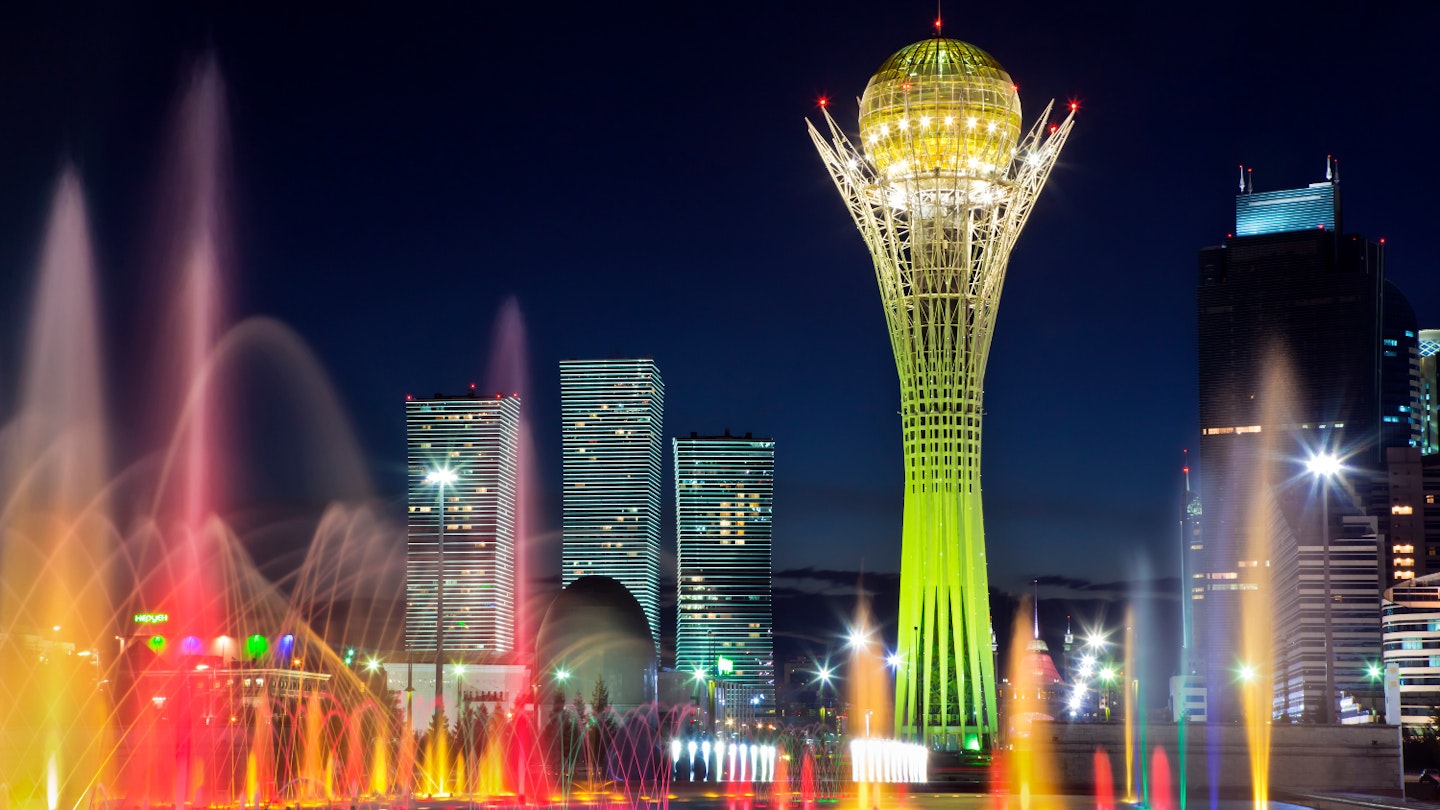
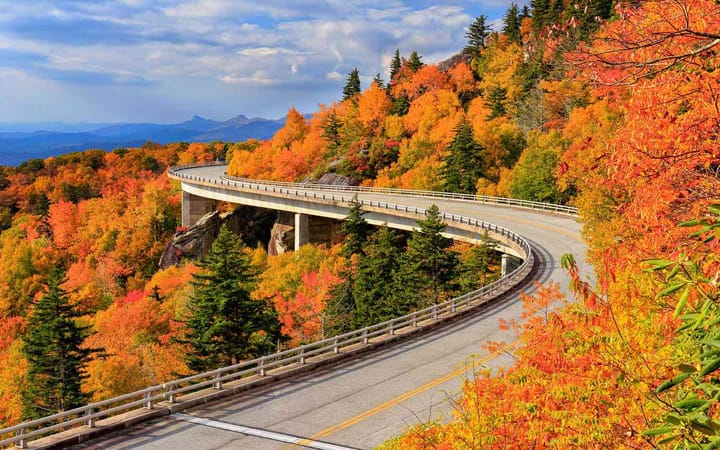










Comments ()